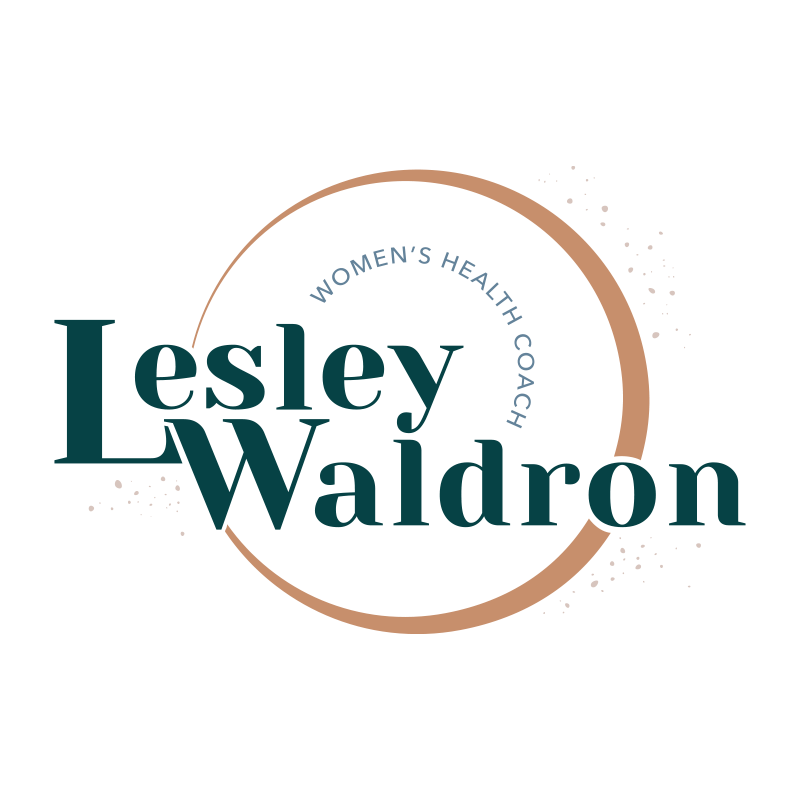The mindset challenges of midlife and menopause
Midlife and menopause are challenging for most women
But not all of us will admit it to ourselves.
We keep ‘should-ing’ all over ourselves.
We think we should be able to do it all.
And that’s a lie perpetrated by all the factors in society that keep women from achieving their potential!
We’re telling ourselves stories about ‘doing it all’ that aren’t actually true.
Show me a midlife woman who’s ‘got it all’ and I bet you’ll also discover she’s got a whole host of help and support to keep her going.
Maybe a housekeeper, a cleaner, an assistant, a great support network, adequate childcare, a supportive partner.
After years of coaching and working with therapists of various kinds I know that we can have lots of stories that we run that aren’t actually true.
Stories about being more successful, being more ‘on top of’ things, of being less emotional, of having a tidier house, and a busier social life.
And some stories underneath those about not being good enough, of not deserving ‘x’, of being ungrateful.
They aren’t often true.
But sometimes they have a lesson.
I love Byron Katie’s 4 questions on this:
is it true?
can you absolutely know it is true?
how do you react when you have that thought?
where would you be without that thought?
Every now and then I find myself about to hit overwhelm.
I know how that feels to me.
A brain fizzing away and having difficulty switching off. Of finding decisions hard and struggling with my own time management. I can find myself blaming others for my overwhelm (which usually takes me to the 4 questions above!). Often the overwhelm is happening because I’ve fallen into old habits of not enough rest, and not enough sleep. And stories that I’m ‘not doing enough’ and a feeling that ‘it’s all on me’.
I’m using the inverted commas because these aren’t actually true!
To you this might feel like you’ve got no space left for yourself, no time to do all the things on your list and no capacity to cope with an emergency.
I recently worked with client who knew she wanted to take control of her health, improve her resilience and start putting herself first again.
Before we did anything we discovered that she needed to ask herself a gentle question regularly throughout the day.
‘Do I want to do this, or do I need to do this?’
And by asking herself that questions she started to listen in more to what she wanted to do, and find ways to delegate and change what she felt she needed to do.
Simple questions that sparked a lot of change in her working life and in the way she made use of time.
We also uncovered stories around how exercise had to be hard and last a long time to be valid.
We played with the stories, and found ways to unpick them.
Now she takes breaks from work and goes for a walk. She’s less stressed, improved her fitness, she’s doing pilates, signed up for strength training, she’s more resistant to the seasonal colds and changing how she thinks about food prep, domestic chores and all sorts.
Changing the stories. Changing her mindset.
When overwhelm hits me I take a step away and explore the things that need to change. Often with a coach, a compassionate friend, or with a listening partner.
In the last few months some of the actions I’ve taken have been:
Writing a list of all the domestic responsibilities and the time they take. Working out what to delegate and what to take off the list.
Sharing this list meant that we, as a family, took the following actions
Each kiddo takes responsibility for one meal a week, planning and cooking it. Sometimes with my supervision
The kids weekend chores have expanded
Everyone puts their own laundry away - I’ll wash and hang up to dry but won’t put away
We’ve got cleaners coming in fortnightly for the next 6 months
We’ve got a gardener helping with the winter tidy up so the view from the kitchen won’t remind me that I’m not on top of the gardening
I’ve also rearranged my diary so that I do the content creation on a Monday, AFTER a swim, and in the local library (which is unstaffed but accessible on a Monday and super quiet). So my body has moved, and I’m free from the distractions of home.
On the days I visit my mother in her care home I make sure I plan in recovery time (because her behaviour and mood is sometimes tricky and triggering - which is no-one’s fault, just a dementia thing).
I’m sharing this, quite personal information, to show you that we can make small changes that make a difference.
For me there I could see that I felt some shame in not being on top of home and garden, and that I wasn’t properly exploring how I was using my time. Shifting how I thought about that made a huge difference.
Find this helpful?
Want to explore more about how health coaching could help you change your mindset AND your health?
Why not book in a quick chat?
